Tag: technology
-
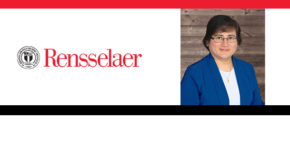
Aparna Gupta, Rensselaer Polytechnic Institute – The Future of Fintech
On Rensselaer Polytechnic Institute Week: Technology can be used to tackle climate change. Aparna Gupta, professor of quantitative finance at Rensselaer Polytechnic institute, examines this. Aparna Gupta is a professor of quantitative finance and co-director of the NSF IUCRC Center for Research toward Advancing Financial Technologies (CRAFT) at Rensselaer Polytechnic Institute. Dr. Gupta also serves…
-
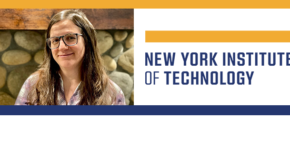
Melissa Huey, New York Institute of Technology – The Psychological Impact of Smartphones in the College Classroom
Smartphones are everywhere, including the classroom. Melissa Huey, assistant professor of behavioral sciences at the New York Institute of Technology, examines how it affects students. Melissa Huey, Ph.D., is an assistant professor of behavioral sciences at New York Institute of Technology. Huey’s research interests are twofold. The first area focuses on parenting and the impact…
-
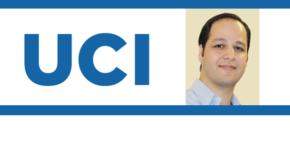
Rahim Esfandyar-Pour, University of California, Irvine – A Health Monitoring Wearable Operates Without a Battery
Removing batteries from wearable tech can open it up to more people. Rahim Esfandyar-Pour, assistant professor of electrical engineering and computer science and biomedical engineering at the University of California, Irvine, explores how to do so. Rahim Esfandyar-Pour received his M.Sc. and Ph.D. in Electrical Engineering from Stanford University in 2010 and 2014. He is currently…
-

Nancy Jecker, University of Washington School of Medicine – The Ethics of Brain Computer Interfacing
Ethics can be an important part of emerging technology. Nancy Jecker, professor in the department of bioethics and humanities at the University of Washington School of Medicine, discusses one instance where it’s vital to be careful. My research explores bioethics, moral philosophy, and global ethics. It spans a range of topics, including robots and AI…
-
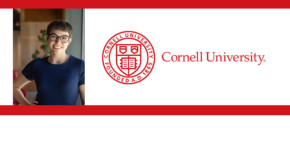
Karen Levy, Cornell University – How Surveillance is Changing the Long-Haul Trucking Industry
The trucking industry is modernizing rapidly, but is it for the better? Karen Levy, associate professor in the department of information science at Cornell University, has more. Karen Levy is an associate professor of Information Science at Cornell University and associated faculty at Cornell Law School. Her new book, Data Driven: Truckers, Technology, and the…
-

Michele Polacsek, University of New England – The Impact of Digital Marketing on Children’s Unhealthy Eating Habits
On University of New England Week: Marketing certain products to kids can have negative effects. Michele Polacsek, professor of public health, outlines why. Dr. Polacsek joined the University of New England faculty in 2009 where she is currently a professor of Public Health and Director of the Center for Excellence in Public Health. As principal…
-
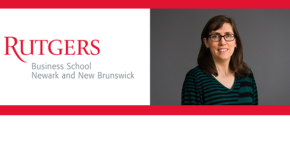
Terri Kurtzberg, Rutgers Business School – Deception by Device
Does your device change how you interact with people online? Terri Kurtzberg, professor of management and global business at Rutgers Business School, delves into this question. Terri R. Kurtzberg, PhD, is a Professor of Management and Global Business at Rutgers Business School, Newark and New Brunswick. Her areas of expertise include negotiation strategies and persuasion…
-
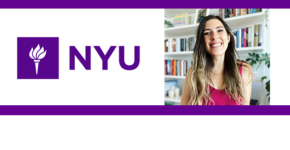
Madalina Vlasceanu, New York University – Bias and A.I.
On New York University Week: Artificial intelligence unfortunately isn’t without bias. Madalina Vlasceanu, assistant professor of psychology, looks into why. Madalina Vlasceanu is an Assistant Professor of Psychology at New York University and director of the Collective Cognition Lab. Madalina obtained a PhD in Psychology and Neuroscience from Princeton University in 2021 and a BA…
-
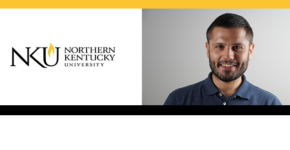
Nicholas Caporusso, Northern Kentucky University – Creating Compelling Visual Representation of Literature
On Northern Kentucky University Week: Have you seen the A.I. generated art floating around the internet? Nicholas Caporusso, assistant professor of computer science, discusses this new form of artificial intelligence. Dr. Nicholas Caporusso is an Assistant Professor of Computer Science at Northern Kentucky University. He earned M.Sc. in Informatics (cum laude) from the University of…

